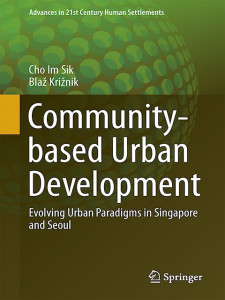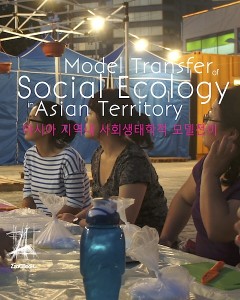Urbani izziv, 29(1), pp. 30-41
Urban Planning institute of the Republic of Slovenia | Ljubljana | 2018 | ISSN 0353-6483
The transformation of deprived urban areas is important for strengthening social sustainability in particular localities, and it is also instrumental in attracting new investments to cities. Speculative urban development, however, often ignores the social importance of localities and considers them mere economic assets that can be stripped of historical, social, and symbolic meaning and turned into easily marketed commodities. This article examines the somewhat contradictory role of the transformation of deprived urban areas in cities. It compares Barcelona and Seoul, two cities with different historical, cultural, and institutional contexts. The 22@ Activity District in Poblenou and Wangsimni New Town are explored as case studies to understand how urban regeneration and urban redevelopment are embedded in a particular locality and what consequences they have on social sustainability. Although the two cases differ in terms of planning approach, stakeholders, and institutional contexts, the findings suggest that the consequences for social sustainability were similar in both. The article argues that declining social cohesion and a lack of citizen participation were a consequence of speculative urban development, in which urban regeneration and urban redevelopment were instrumentalized to attract investments, strengthen economic competitiveness, and improve the city’s global appeal rather than address diverse local challenges.


